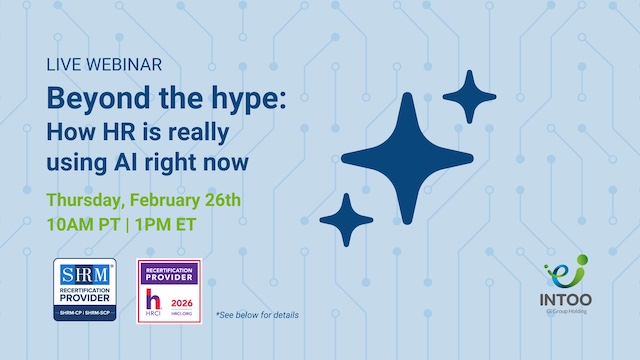What Is a Disregarded Entity?
A disregarded entity is a business structure recognized by the Internal Revenue Service (IRS) for tax purposes. Simply put, a disregarded entity is a business not treated as separate from its owner for federal tax purposes. The company does not pay taxes; its income, deductions, and credits are reported on the owner’s personal tax return. Typically, disregarded entities are single-member limited liability companies (LLCs) or sole proprietorships. From a legal standpoint, the owner and the business are considered one and the same, simplifying tax reporting requirements. However, it’s important to note that while the business itself does not file a separate tax return, it still needs to comply with other legal and regulatory obligations, such as obtaining licenses and permits.
What Are the Pros & Cons Of a Disregarded Entity?
Disregarded entities, typically single-member LLCs, offer a unique tax advantage but come with trade-offs. Here’s a breakdown of the pros and cons:
Pros:
- Simplicity: Operating as a disregarded entity simplifies tax reporting since the business’s income, deductions, and credits are reported directly on the owner’s tax return. This reduces the administrative burden associated with filing separate business tax returns.
- Pass-through taxation: Like other pass-through entities such as partnerships and S corporations, disregarded entities do not pay taxes at the entity level. Instead, profits and losses flow through the owner’s tax return, potentially resulting in lower overall tax liability.
- Limited liability protection: Similar to a limited liability company (LLC), a disregarded entity provides the owner with limited liability protection, shielding personal assets from business debts and liabilities.
Cons:
- Limited flexibility: Disregarded entities cannot have multiple owners or issue shares of stock, limiting their ability to raise capital or expand ownership.
- No separate legal identity: Since a disregarded entity is not treated as a separate legal entity from its owner, it may be perceived as less credible or professional compared to other business structures.
- Potential tax implications: While pass-through taxation can be advantageous, it may also result in higher self-employment taxes




